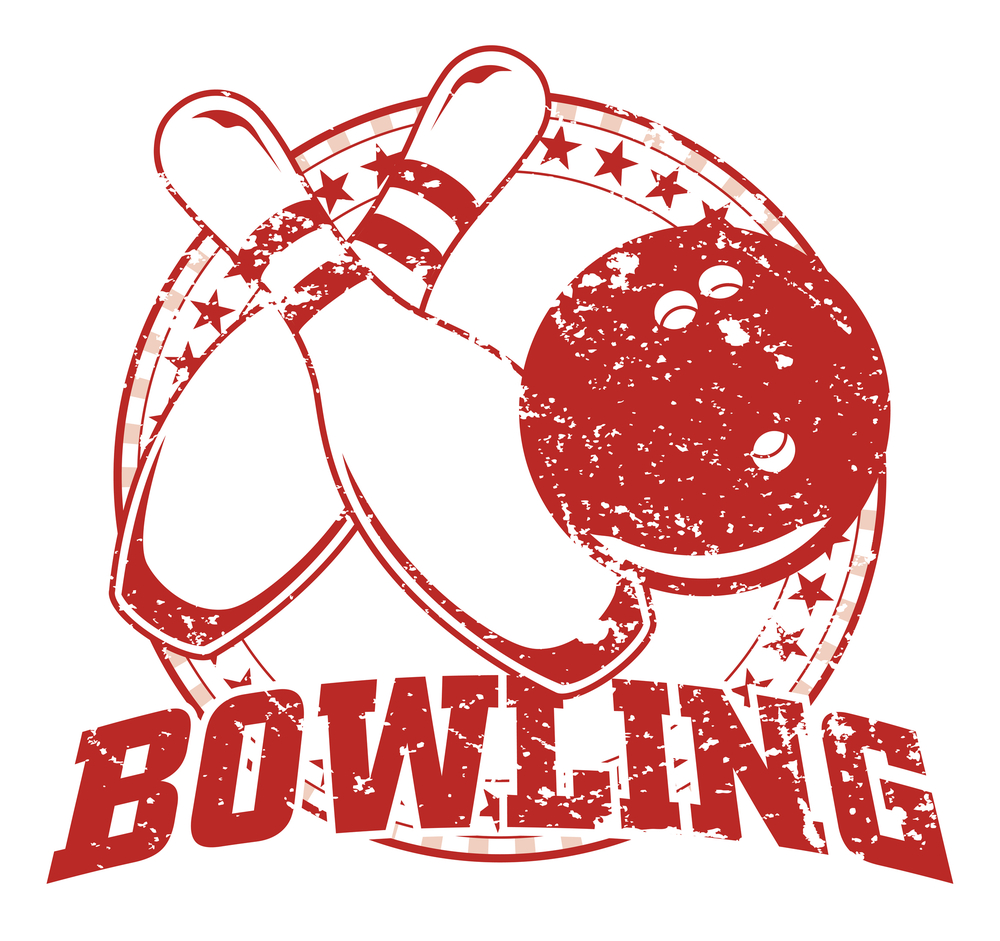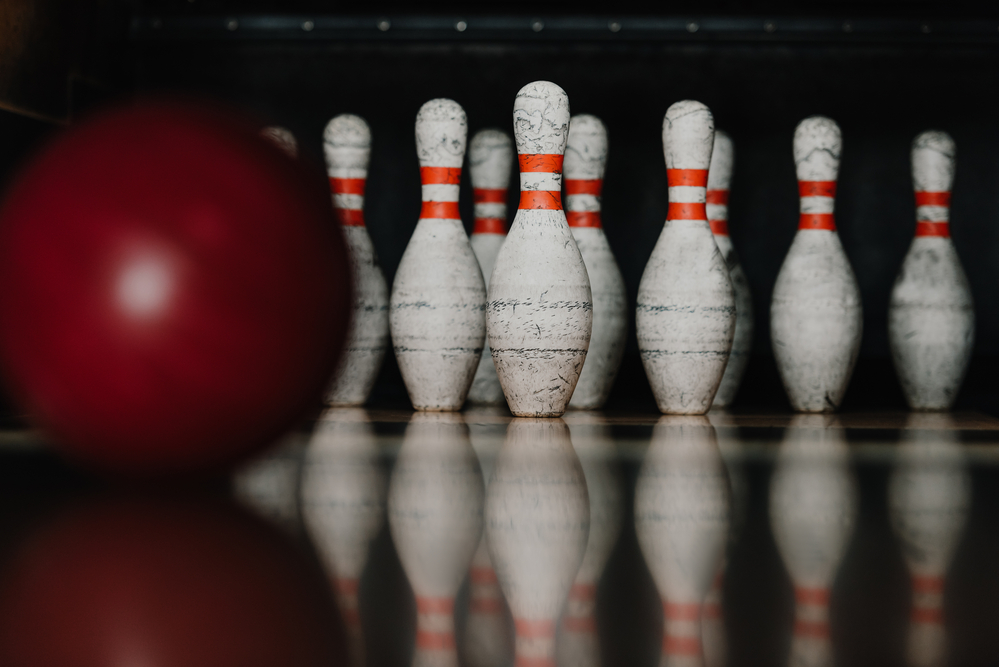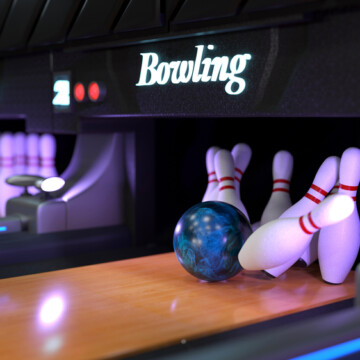
Although no one denies that bowling is an incredibly fun and competitive activity, there is some confusion as to whether it is a sport or not. In fact, that question has been at the center of a decades-old debate.
If you’re looking for the answer to this and more, keep reading until the end! In this article, we’ll explain and answer the question, is bowling a sport and present to you several reasons why.
Contents
What Is the Definition of Sport
According to Dictionary.com, a sport is defined as an activity requiring physical skill, prowess, and competition. As we provide an answer to the great debate, this definition is used as the standard guide.
Is Bowling a Sport
Bowling is a sport and is governed by the United States Bowling Congress (USBC), bowling's governing body. As the game has evolved, there are competitive bowling levels as well as causal games (bowling is a participation sport).
Bowling is a sport and is governed by the United States Bowling Congress (USBC). As the game has evolved, there are competitive bowling levels as well as casual games.
Although it was an official demonstration sport and not included in the Olympic Games (governed by the International Olympic Committee), it has been featured in the World Games (governed by International World Games Association) and Pan American Sports (governed by the Pan Am Sports Association), continuously.
It’s in the same arena as other sports, like baseball, basketball, and volleyball, and is considered a sport by other professional sports athletes.
Bowling Takes Skill
From maintaining the proper form to following through on a swing, there is a high level of skill involved in tenpin bowling. Professional bowlers have analyzed every aspect of the game and spent countless hours practicing to ensure each roll is effective.
Although rolling a ball down bowling lanes is easy, consistently getting a spare or a strike is not. Akin to consistently making 3-pointers in basketball is a skill, so are strikes and spares in bowling.
In addition to physical skills, bowling requires a high level of mental prowess.
You’ll have to determine based on the lane's condition, how to line up your shot and calculate how best to send your bowling ball down the lane.
For that reason, the mental skill needed for bowling is often compared to strategic sports like fencing or baseball.
There Are Competitive Bowlers
Another thing that sets bowling sports apart from fun, purely recreational activities is the competitive element. Sports involve team bowling or individual player attempting to win against one another.
Although you can bowl by yourself, many bowlers play against an opponent or as part of bowling leagues.
There are even national bowling tournaments where professional bowlers play for accolades and large sums of money, governed by the Bowling Proprietors Association (PBA).
Bowling Takes Physical and Mental Exertion
In addition to needing to be strong enough to hold and roll your ball, bowling requires a keen sense of hand-eye coordination. You’ll have to mentally plan out the ball's trajectory and align your throw to take down as many pins as possible.
Bowling is both a physical and mental game, which perfectly aligns with other, more traditional sports. Even though you probably won’t work up a sweat, we think it's fair to say that there’s some physical ability required for the game.
There Are Levels to Bowling
Virtually every sport has people playing at the casual and competitive levels. There’s a marked difference between experienced and inexperienced bowlers, and this shows the amount of skill needed to excel in the sport.
The various levels include high school bowling leagues, collegiate tournaments, local leagues, and paid professional bowlers.
An experienced bowler scores an average of 200 to 250 points in a game. On the other hand, casual bowlers are considered lucky or highly skilled if they can consistently reach 120 points.
Bowling Requires Equipment

When most people think of sports, they think of uniforms and sports equipment.
Although most casual bowlers rent their shoes and bowling balls from their local bowling center, people who take bowling seriously invest in professional-grade bowling shoes, balls, braces, and gloves.
They spend hours polishing and repairing tiny abrasions on their balls to make sure they glide down the lane smoothly. Like other athletes, professional and professional bowlers invest in the best equipment to take their game to the next level.
What Type of Sport Is Bowling?
There are many different types of sports out there. Although most people think of dual or team-based sports, like football and basketball, bowling is primarily an individual sport, like golf, boxing, or tennis.
While team sports center around cooperation and working as part of a group, individual sports emphasize an individual’s training and dedication. Even if a professional bowler plays as part of a league, they’re considered an independent athlete.
Bowling is Also a Game
In addition to being a sport, bowling is considered a game. Although the two terms are often used interchangeably, there are subtle differences between the two.
A game is a recreational activity with a set of rules and a clear end goal. Games can be mental, physical, or a combination of the two and are usually played for entertainment.
On the other hand, a sport is an activity that requires physical exertion and skill. Sports are highly competitive, with either an individual or a team competing against others for entertainment and victory.
While all sports can be considered games, not all games qualify as a sport. Since bowling has a list of rules and goals and can be played competitively against others, it's both a sport and a game.
What Type of Game Is Bowling?

Just like with sports, there are different categories of games. Bowling is a target game, which means it involves launching an object towards a specific target. With target games, the closer you get to the target, the higher your score is.
You may have noticed small arrows painted onto your bowling lane. These arrows serve as your target and are used to line up your shot. Other target games include:
- Archery
- Billiards
- Bocce ball
- Golf
- Darts
Why People Think Bowling Isn’t a Sport
As we mentioned earlier, bowling is at the center of an age-old debate over its status as a sport. While it’s technically a sport, many people think bowling is not a sport.
They think because it’s not as physically demanding as sports that require a high level of cardio, it shouldn't qualify.
There’s no running, jumping, or swimming involved, and there’s a relatively low barrier to entry. You don’t need above-average athleticism to bowl, and there isn’t much of a physical difference between regular people and professional bowlers.
Skeptics also minimize the amount of skill that it takes to bowl well. They think that bowling is simply a recreational activity or hobby rather than a sport. Even with similarly controversial games, like golf, there’s an added element of difficulty.
For example, golfers have to hit their ball hundreds of feet in order to sink it into a small hole. Comparatively, the average bowling lane is only around 60 feet long and you have to knock down ten pins.
Are Professional Bowlers Really Athletes?
Professional bowlers are absolutely athletes!
An athlete is any person who is trained in a sport or game that requires physical agility, stamina, or strength. Even though bowling doesn’t require running or jumping, the act of rolling a heavy ball, 14-16 pounds, down a lane as accurately as possible is physically demanding.
Even though there's no doubt that bowling takes both luck and skill, consistently bowling well takes practice and skill.
Professional bowlers spend countless hours practicing and working on improving their form. They invest thousands of dollars in specialized equipment and try out bowling balls of different sizes and weights to find one that's just right.
There’s a clear difference between casual players and league players, and you can't explain it away by attributing it to sheer luck.
While strikes tend to be a rare occurrence for novice and casual players, many professional bowlers have no problem getting them one after another. In addition to playing better, experienced bowlers have salaries that match their expertise.
Many top bowlers take home hundreds of thousands each year in sponsorships and prize money, putting them in the same league as many other professional athletes.
Is bowling an America Sport?

No. Bowling is not an American sport.
As history tells it, the first evidence of bowling dates back to 3200 BC in Egypt. As a popular sport, it traveled to other countries and adopted with rules of that specific land. Bowling didn't make its way to the Americas, specifically New York City, until the 1800s.
What is the name of the oldest bowling alley in America?

Roseland Cottage is located in Woodstock, Connecticut, and is recorded as being built in 1846, making it the oldest bowling alley in the nation's history.
When did bowling leagues begin?

It is believed bowling leagues started in the late 1800s.
Who is the youngest PBA Regional winner?

Brady McDonough. Taking the world by storm, figuratively and literally, Brady McDonough bowling is getting him noticed.
Related Articles
We hope this article has explained that bowling is indeed a sport and given you some insight into why this categorization is so controversial.
Games and sports have similar definitions, which further adds to the confusion. However, when you look at the actual meaning of a sport, it becomes clear that bowling is included.
Kira Byrd, a Certified Fraud Examiner, holds a B.S. in Accounting from the University of Alabama at Birmingham. With a passion for bowling from her childhood, Kira has poured her expertise and personal experiences into creating and nurturing Bowling For Beginners. Kira's mission is to meet new bowlers where they are and guide them toward consistently achieving higher scores. With a focus on skill development and strategic techniques, she empowers readers to take control of their game and unlock their true potential.
Bowling For Beginners embodies strict editorial integrity, ensuring reliable and unbiased information. Kira's commitment to delivering valuable insights and practical strategies is reflected in every article. Here's an explanation of our editorial policy and how we get money.





